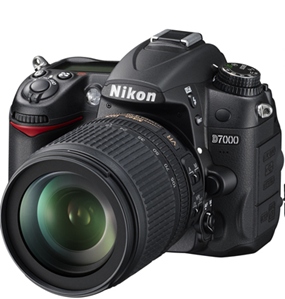Xmas and New Year are over and as Santa did not bring you a new digital, now you have the time to look at your old camera and work out what you really ‘need’ in a new camera.
At some stage, when looking at a new digital, the question comes up – Compact or SLR? Unfortunately, there is no simple answer, but the decision will come down to your requirements, your budget and your aspirations as a photographer.

First off, understand that both types can return sharp images, both can boast the same number of pixels and both give the photographer an ‘instant’ record of the shot just taken. However there are some basic differences which should be understood before going into the camera shop with a fully loaded credit card.
A Digital SLR (DSLR) has interchangeable lenses (with many to choose from) while the compact has one attached lens, though some may have a ‘zoom’ capability.
The DSLR has a TTL (Through The Lens) viewfinder – when you look through the viewfinder of a digital SLR, you are seeing what the end result will be. If the image is out of focus, the end result will be out of focus. The compact has a viewfinder which is separate from the lens and does not necessarily show exactly the final image or its image size that will be recorded.
The DSLR has a large camera body while the compact can be slipped into a shirt pocket.
The DSLR can use an external flash unit, while very few compacts have this feature.
Finally, DSLR’s can be run fully manual as well as various automatic modes, while most compacts are automatic only.
So let’s look at what features you really need and what features are not really totally necessary, but just “nice” to have.
Let’s look first at lenses. If the type of photographs you want to take involves wildlife, or extreme close-ups, then you have to go DSLR which is designed for interchangeable lenses, and their system has a complete range. However, you must always factor in the cost of the additional lenses. The compact will usually have a small zoom ability, but nothing like the extremes a DSLR can achieve. Some compacts will also boast that they have screw-on attachments to give you a wide angle image. Forget it, the quality of the final image just isn’t there.
The next item to consider is ease of use. If all you want to do is take candid snaps while walking around the neighborhood, then you certainly do not need a heavy, bulky DSLR camera swinging around your neck, but you need a good quality small compact that slips in a pocket. However, be careful that it doesn’t slip out of the pocket on to the ground. No camera is indestructible. With the auto compacts, controls are simple (though limited), while the DSLR can do much in the creativity field, but you will have to get used to drop-down menus and 100-page instruction books. Ease of use is a compact camera all the way.
Is the type of photography you want to pursue taking shots at night, be that time exposures or people candids? If so, then forget the compact ranges. Sure, they all have a tiny built-in flash these days, which will illuminate anything within two meters from you. If you want to be able to light up the other side of the moon, then it is a DSLR, as these cameras can take off-camera flash guns. The DSLR also has extended time exposure ranges much better than any compact.
Is action photography your bag? Then forget the compact ranges – you need greater control over the final image, and that means a DSLR with the ability to control shutter speeds and depth of field. A medium length lens will also help.
Finally, if you still can’t make the fateful decision between DSLR or compact – just get both. There are times when both are needed, and you will be ready!
However, do not forget that good photographs are made by the photographer – not by the type of camera!




